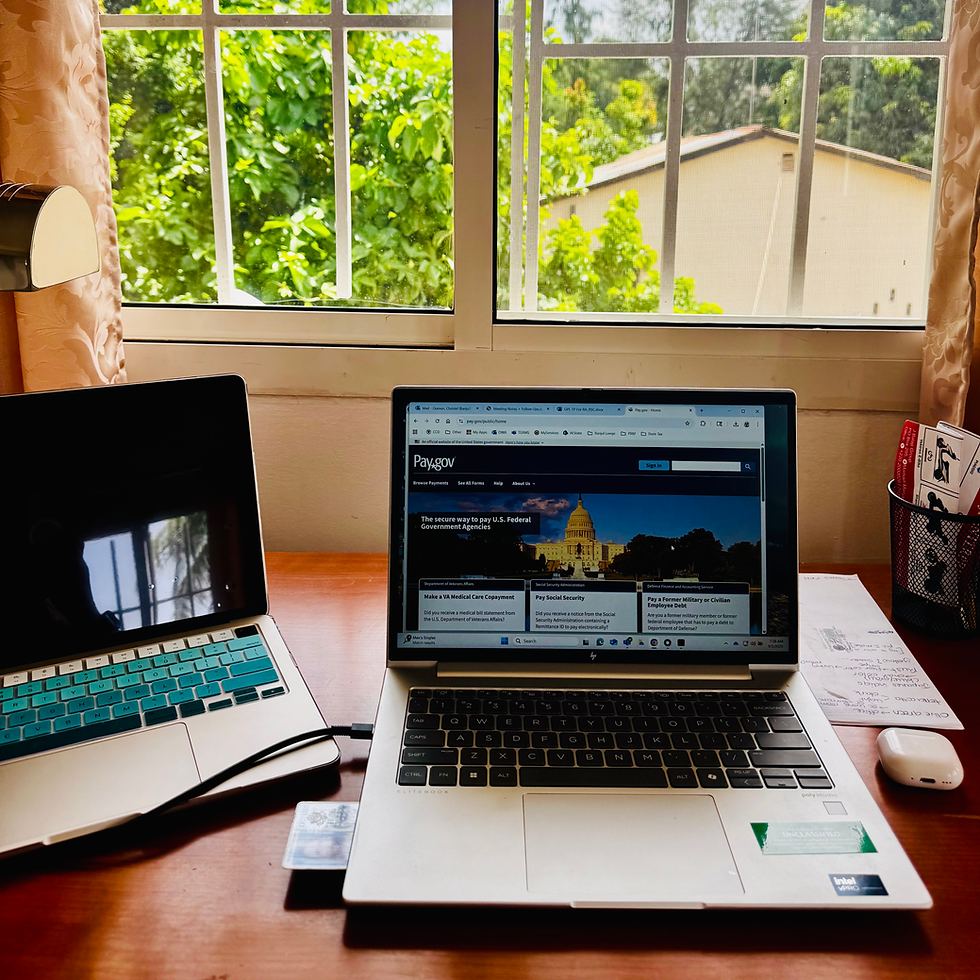Who can be an economic officer?
- Owner

- Feb 13, 2019
- 3 min read
Updated: Feb 14, 2019
In the US system, anyone can be an economic officer. You don’t need a special degree for it. Like in other career tracks in the Foreign Service, diplomats learn the necessary skills after they're hired, and mostly on the job (although there's a 10-month economic course diplomats can take at the Foreign Service Institute).
To pass the entry test for the Foreign Service you have to be able to answer a few questions about basic economic concepts, but they’re not so difficult that you’d need an economics degree to answer it—general knowledge and a healthy interest in economic concepts and international economic systems is enough.

That said, having a general degree in economics is a good way to prepare you for the job and may help you during the selection process, because it demonstrates your interest and expertise in economics. Lots of current economic officers have some background in economics, which is also good because it makes them more comfortable (and effective) when addressing economic issues with foreign governments.
Also, having practical experience with economics helps, like having been involved in making economic policy; internships and consultancies with multinational companies; or teaching business literacy in a developing country. Or—if nothing else—a proven ability to pick up related knowledge and skills quickly.
Then again, a big part of the job is not about technical expertise but about analyze general trends overseas and being diplomatic. The added value of economic officers is that there’s a worldwide network of them to understand the issues, constraints and local contexts in all countries and regions. And that they’re able to make qualitative predictions and evaluations of new economic policies, and effectively communicate these to both their own and foreign governments.
In 2018, about 20% of US foreign service officers was on the economic career track, which makes sense since it’s one of five career tracks. How “hard” it is to get hired in this career track varies; when hiring is low, you may need a relatively high score on your entry exam to be competitive. Personally, I have a feeling that economic affairs is not the most popular career track of the five so—especially when hiring is normal/high—almost all people who pass the exams and get on the register are probably competitive.
What kind of person do you have to be to be an economic officer? It’s not about extrovert versus introvert; there are plenty of diplomats in either category. The economic career track might be the more natural choice for people who are analytical, know their way around numbers, and like to (learn how to) produce high-quality written reports. But you don’t have to be a number cruncher. Economic officers are generalists who keep an eye on the bigger picture and should be effective communicators.
Another question you should ask yourself is: what motivates you? Political officers mostly work on maintaining good relations with a limited number of government officials, which rarely produces the kind of results that can be measured with numbers. Economic officers, on the other hand, have frequent interactions with the wider public (the government, the business community, and many others) and are more often involved in making deals, like large sales, tenders, infrastructure and energy projects, and introducing chains—clothing stores, restaurants—into new countries.
Related posts:
Other posts:







